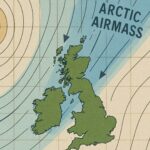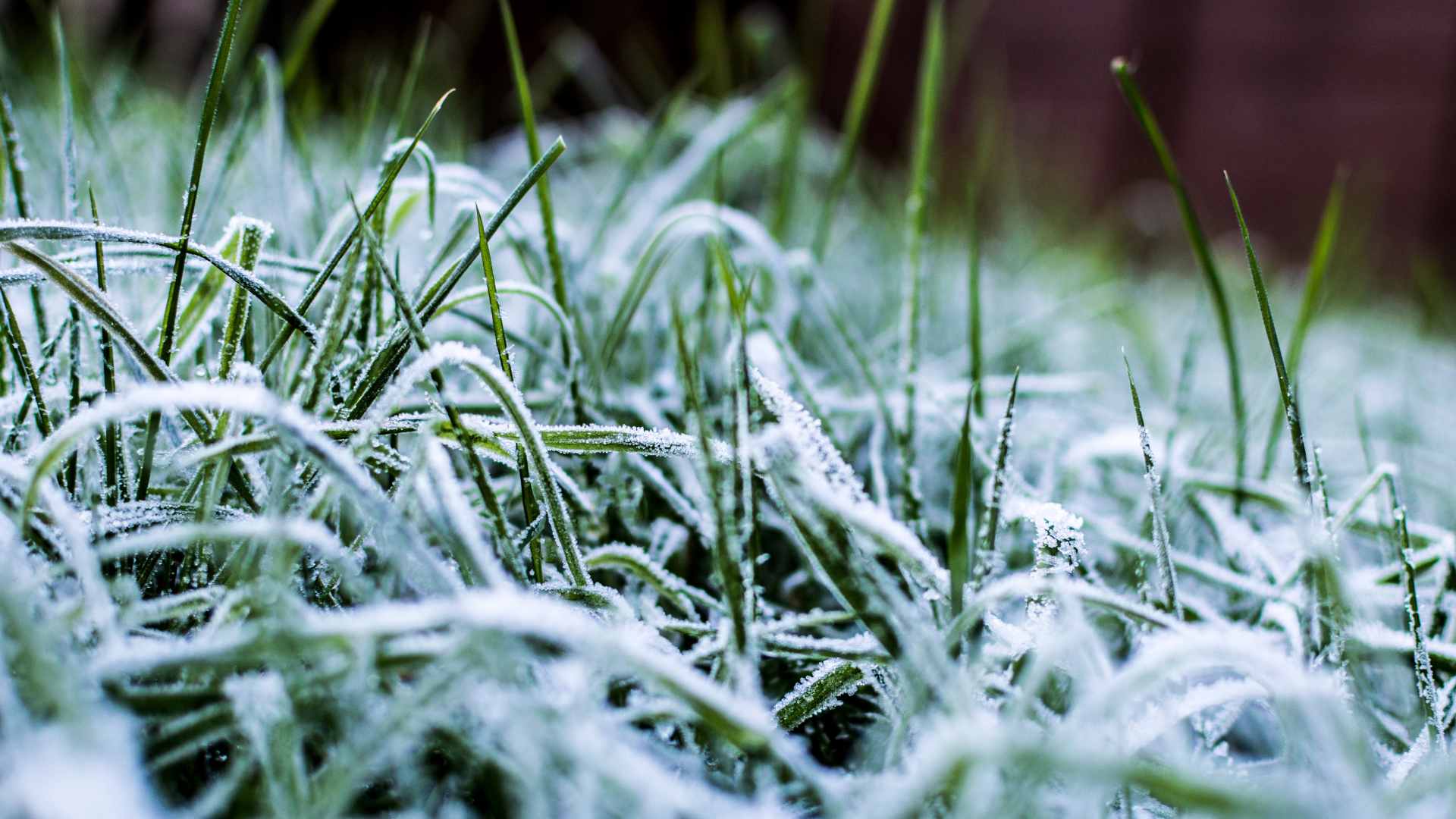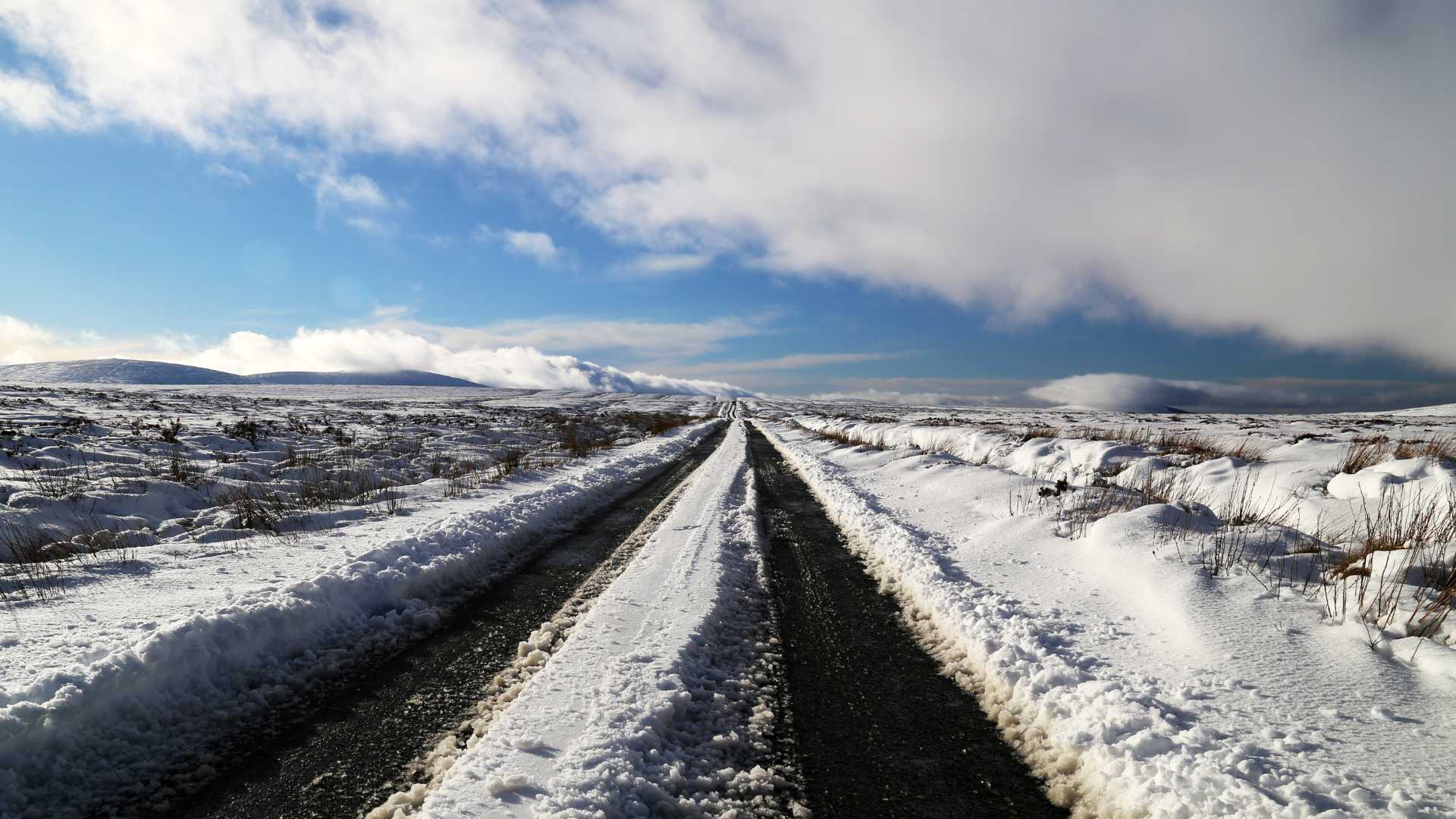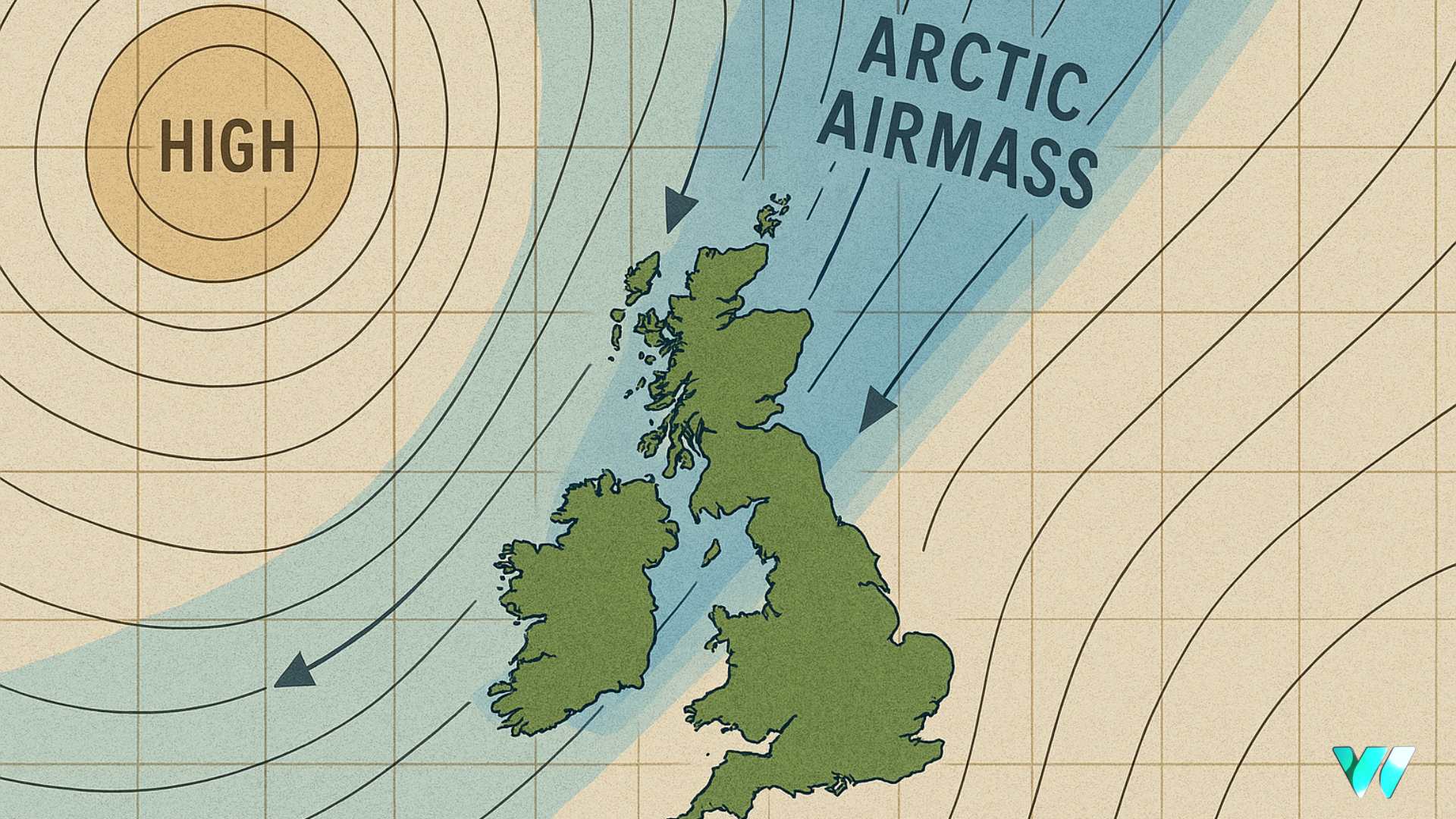
Tropical Cyclone Clusters Surge in North Atlantic
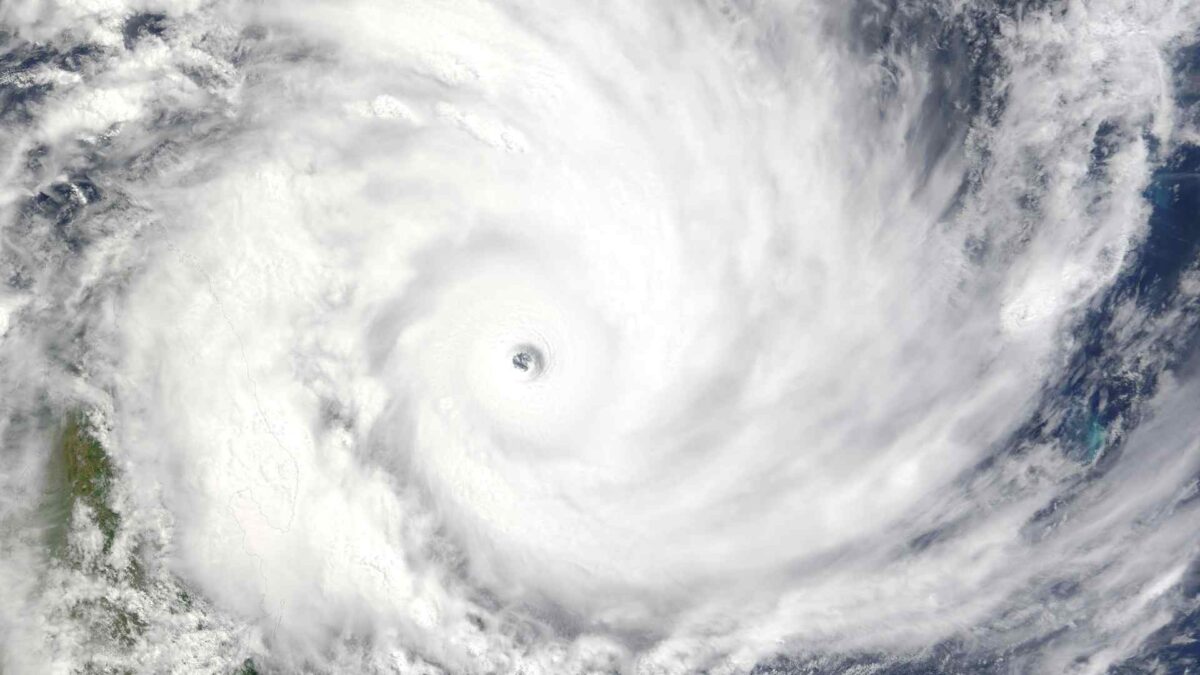
A new study has found that tropical cyclone clusters are becoming more frequent in the North Atlantic, raising concerns for coastal communities.
Tropical cyclone clusters occur when two or more storms are active at the same time in the same ocean basin, increasing the risk of back-to-back impacts on affected areas.
The study examined historical data and confirmed that while the chance of cyclone clusters has decreased in the Northwestern Pacific, it has increased in the North Atlantic over recent decades. Tropical cyclones, also known as hurricanes or typhoons, often form in groups rather than alone. In fact, only about 40 percent of tropical cyclones have occurred individually.
Clusters of storms can cause greater damage than single events because communities and infrastructure have little time to recover before the next storm arrives. A notable example is 2017, when Hurricanes Harvey, Irma, and Maria struck the United States in quick succession, overwhelming disaster response efforts.
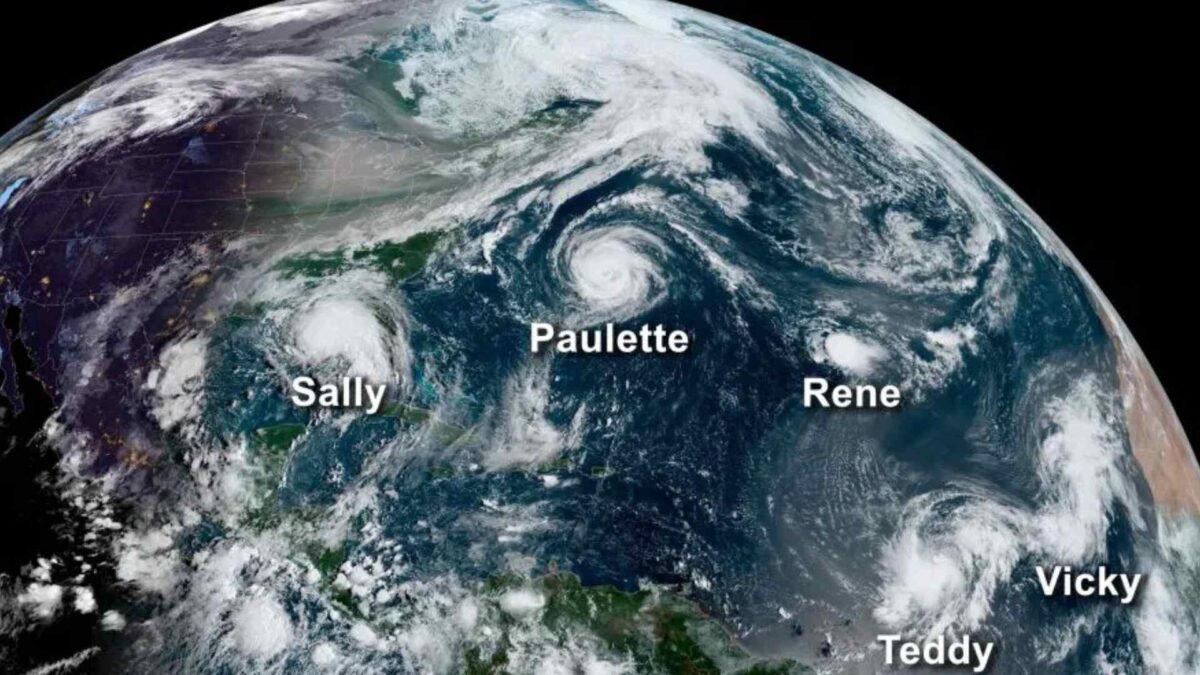
Researchers developed a model to simulate how tropical cyclone clusters form based on storm frequency, duration, and timing. However, the model underestimated cluster formation in some years. Further investigation showed that atmospheric disturbances called synoptic scale waves help create physical connections between storms, increasing the likelihood of clusters.
The study also identified a shift in the main areas where cyclone clusters form. The North Atlantic has become a new hotspot for these events, while the Northwestern Pacific has seen a decline. This shift poses new challenges for Atlantic coastal regions, which must prepare for the risk of multiple storms occurring in a short period.
Share this WeathÉire story:

